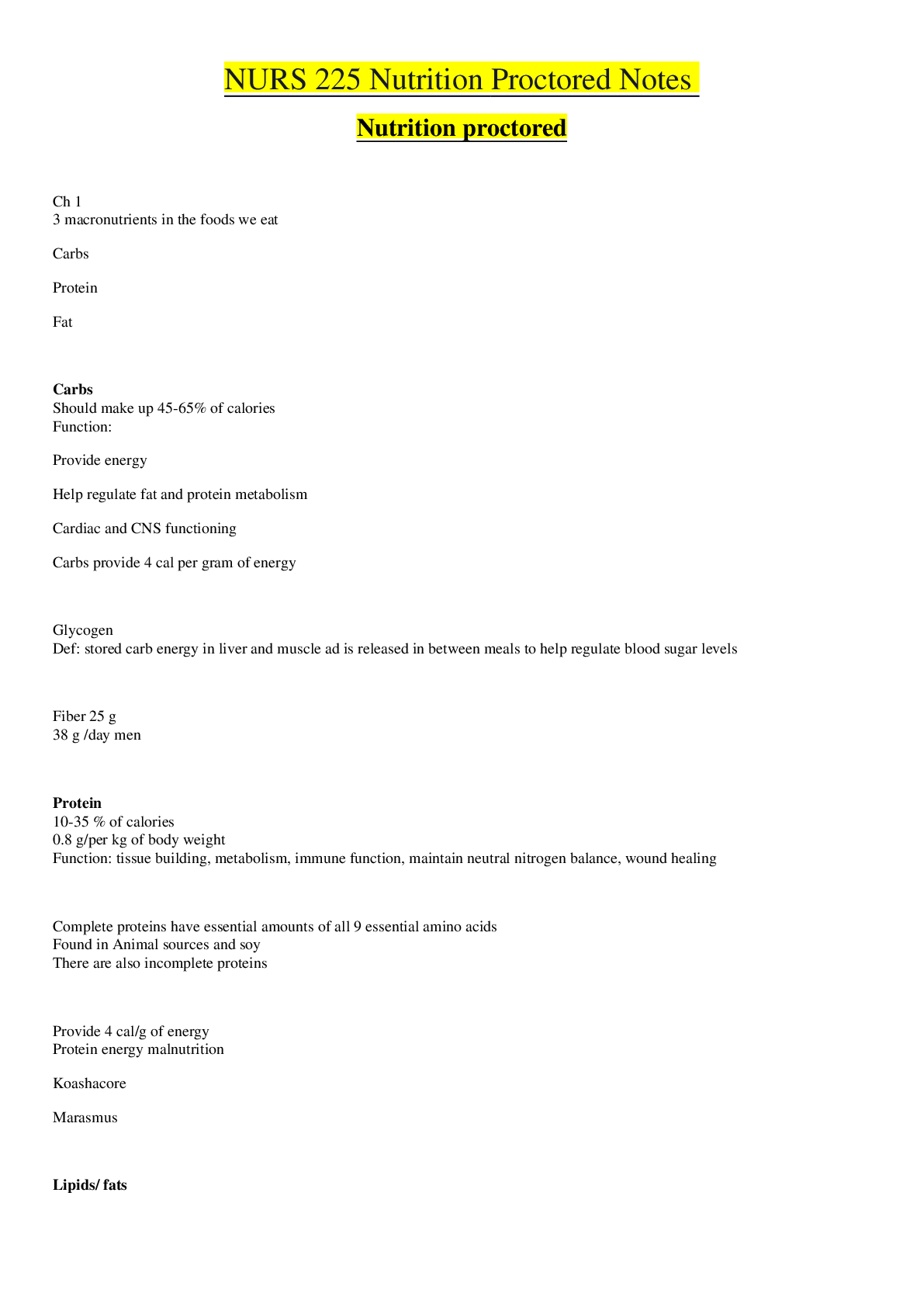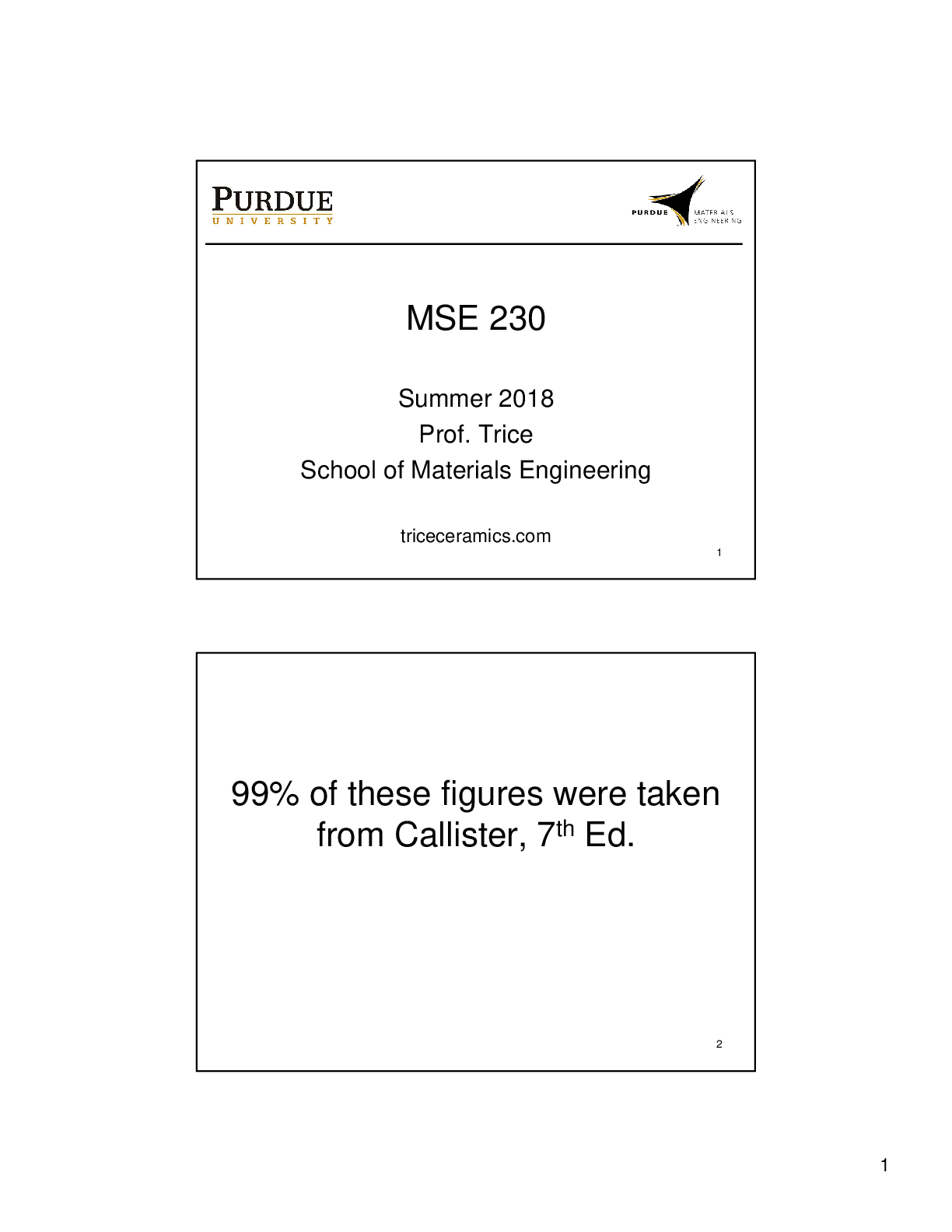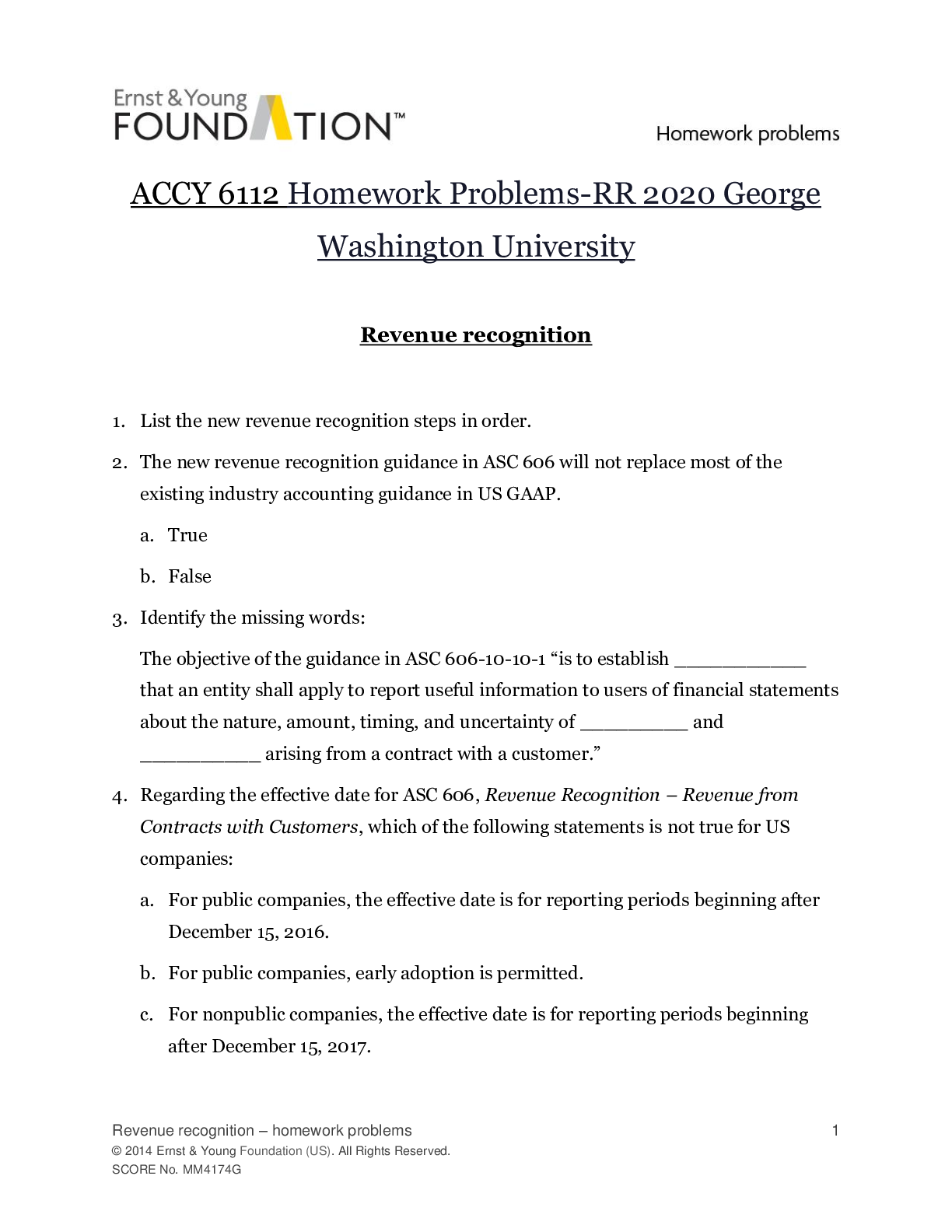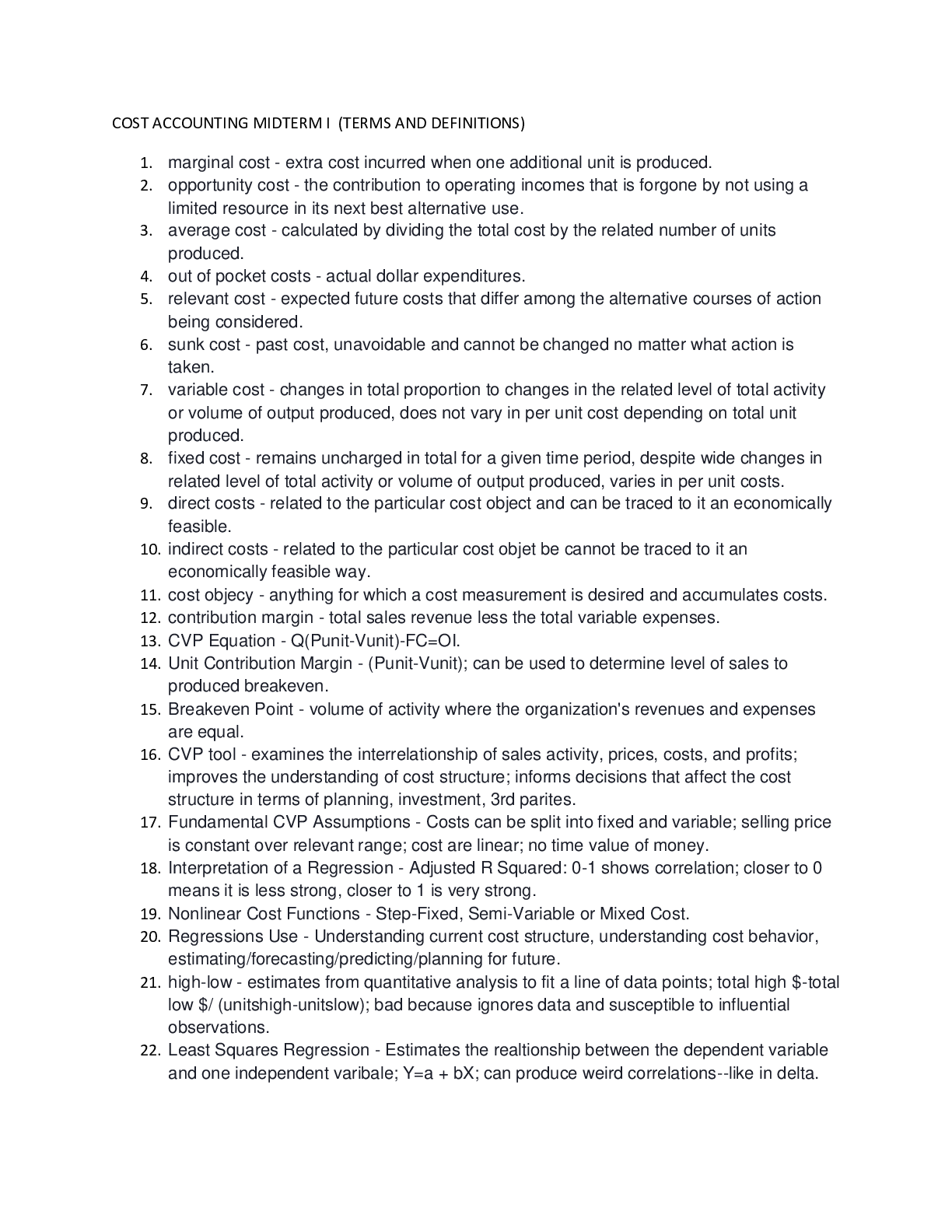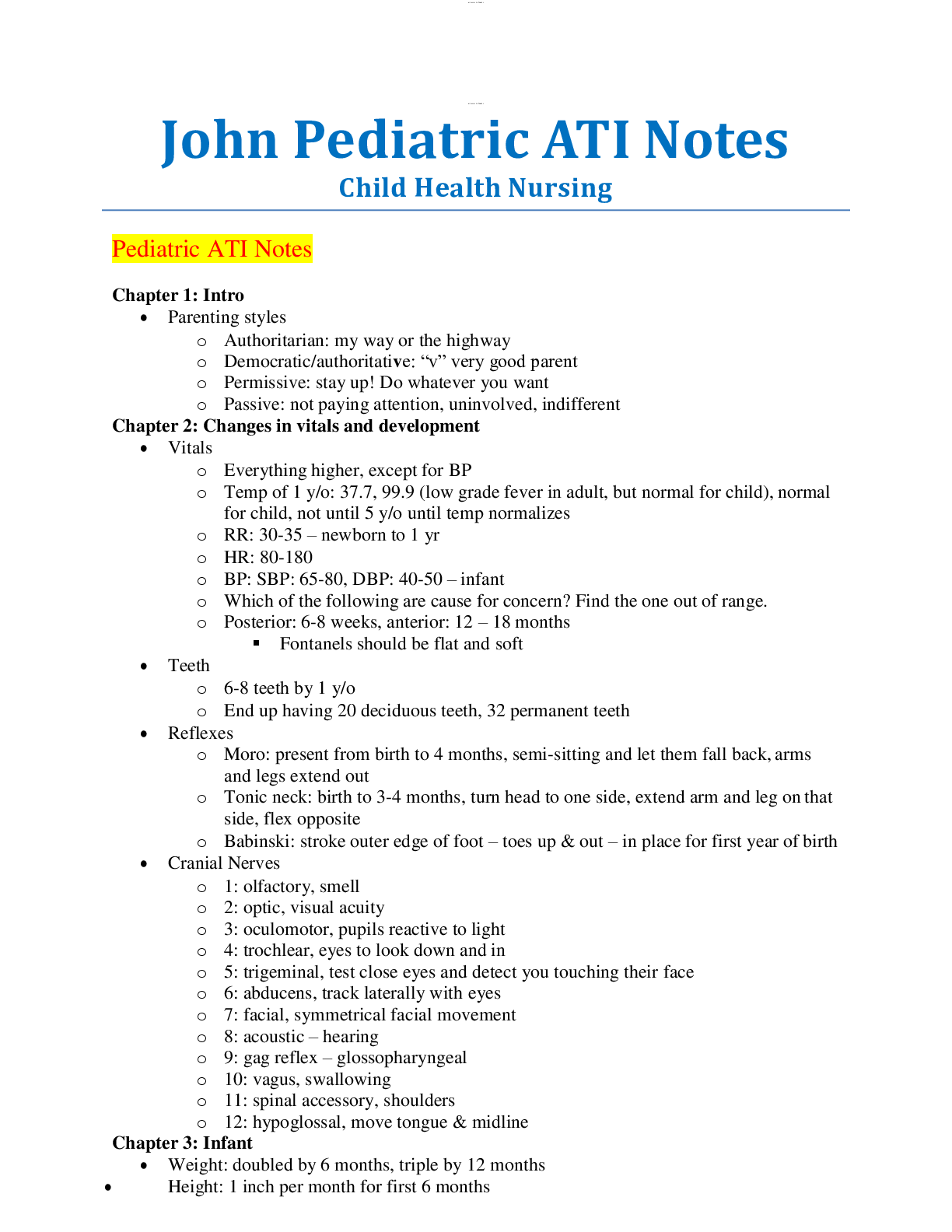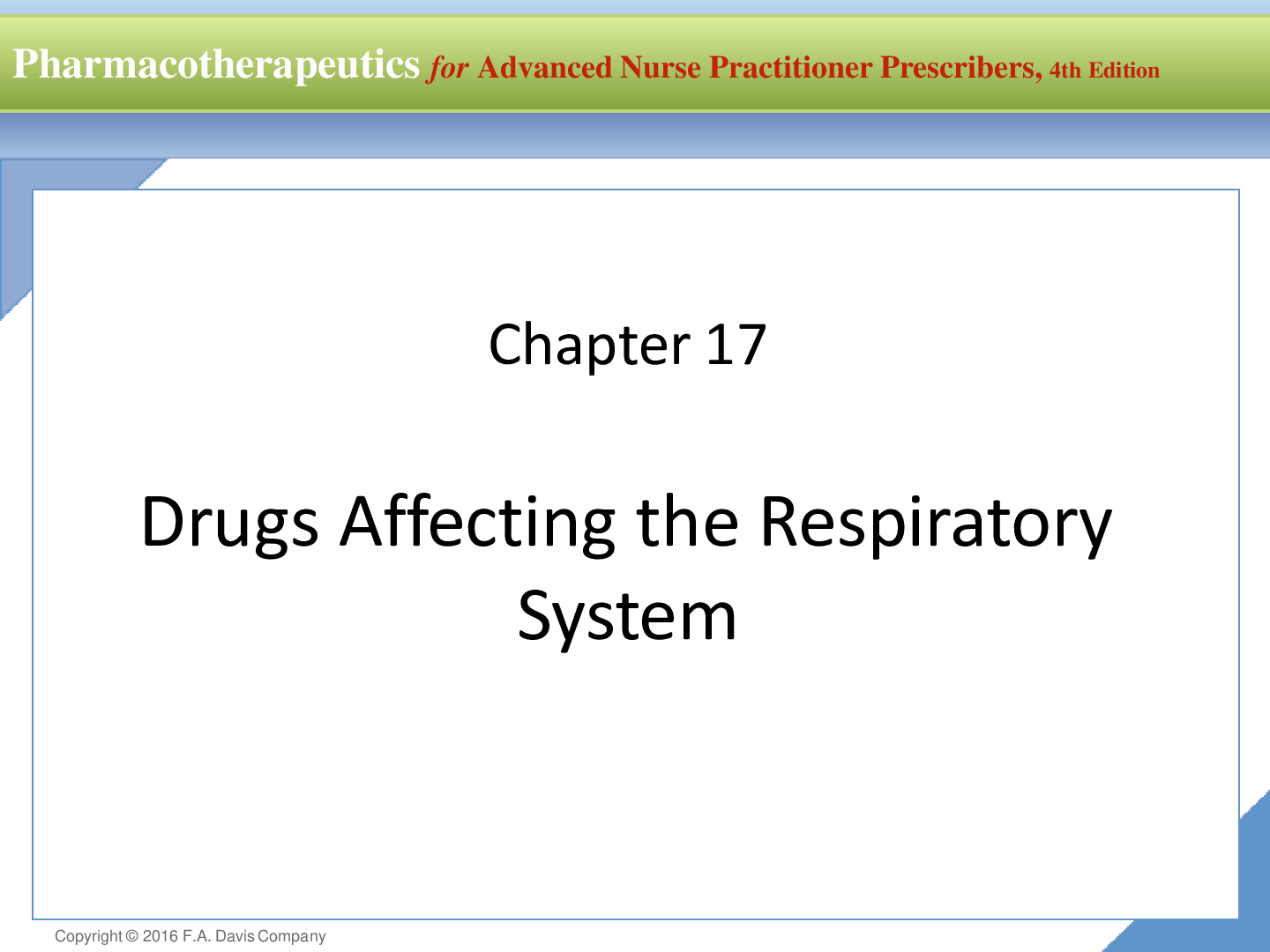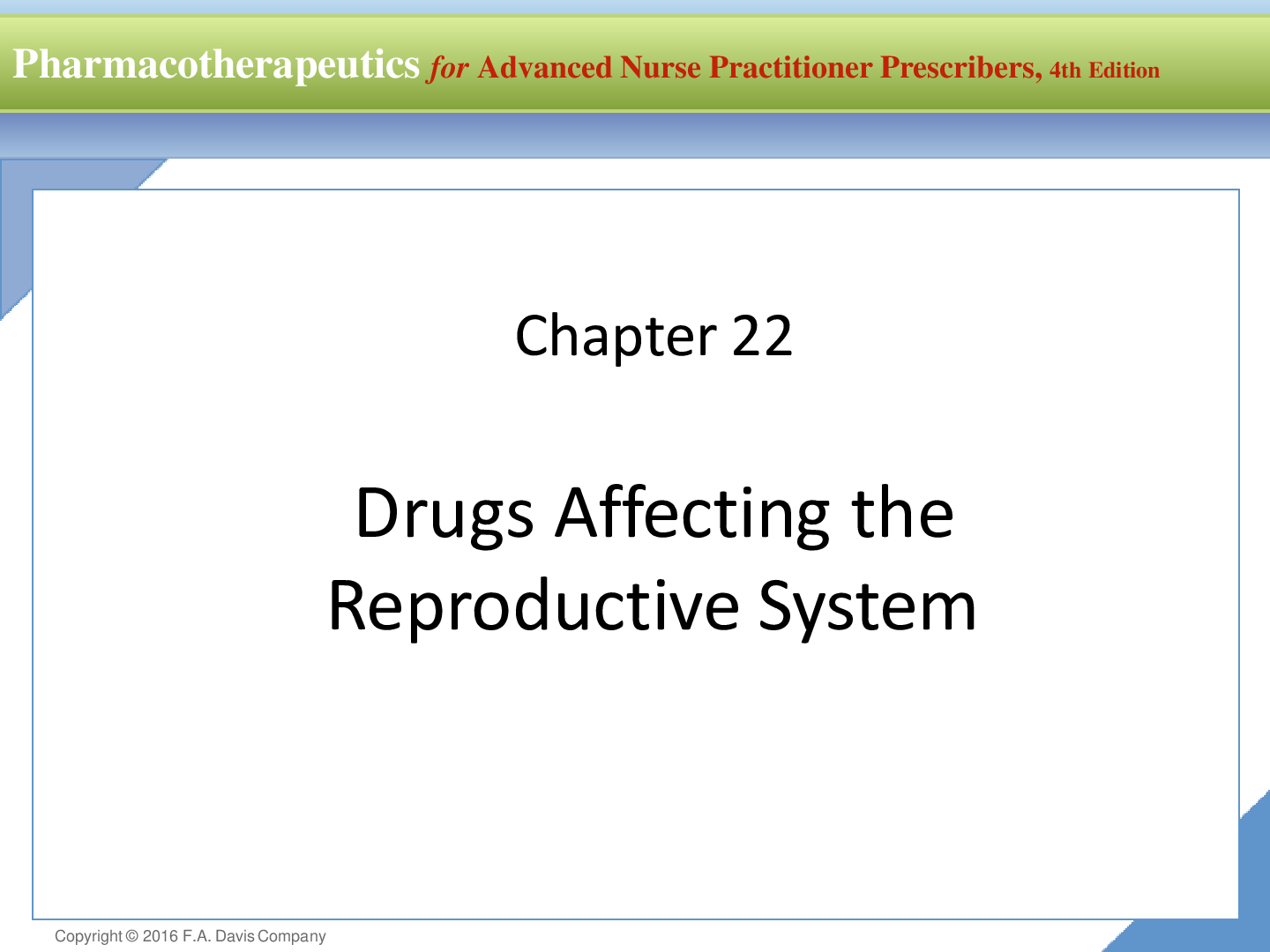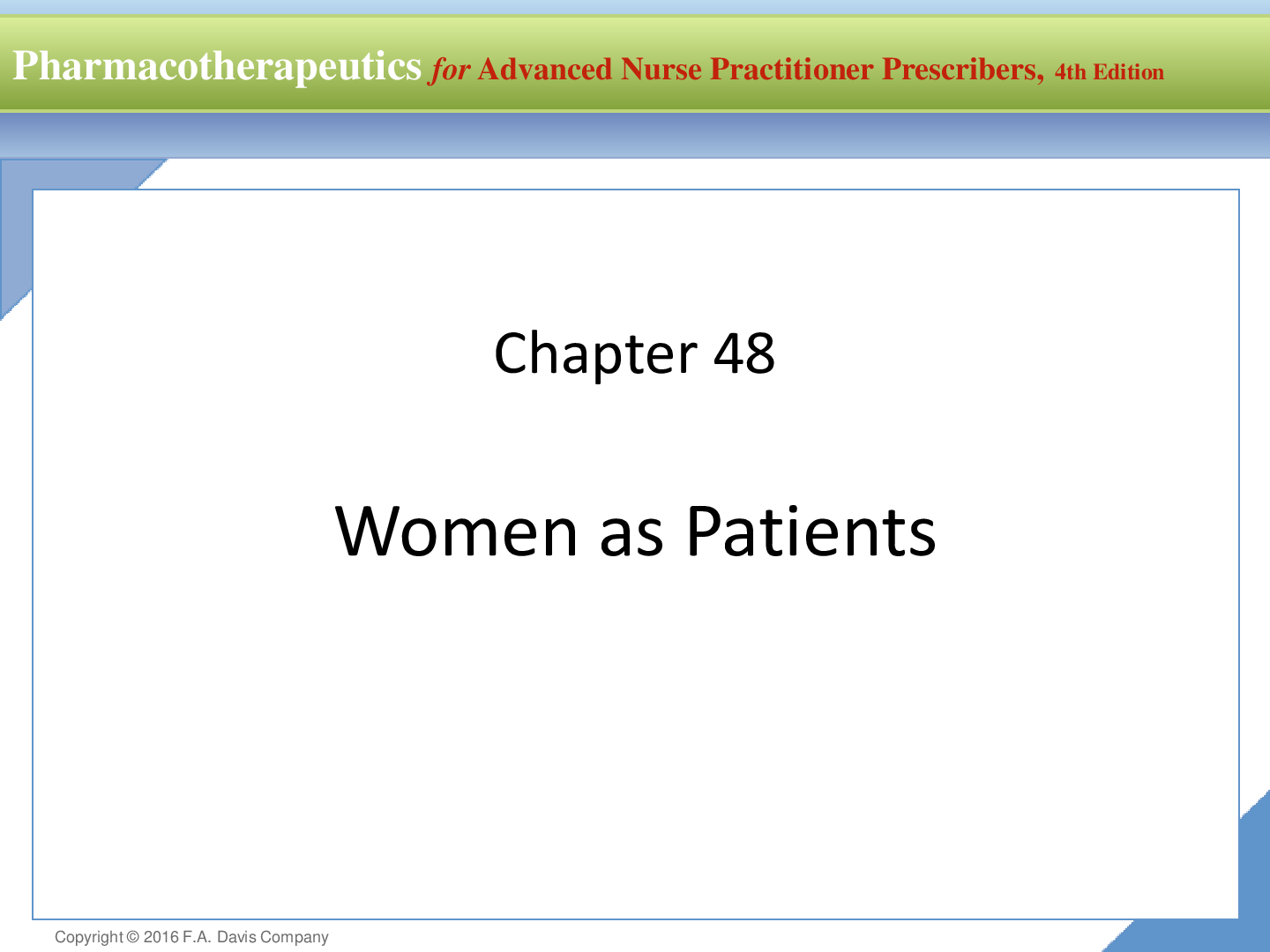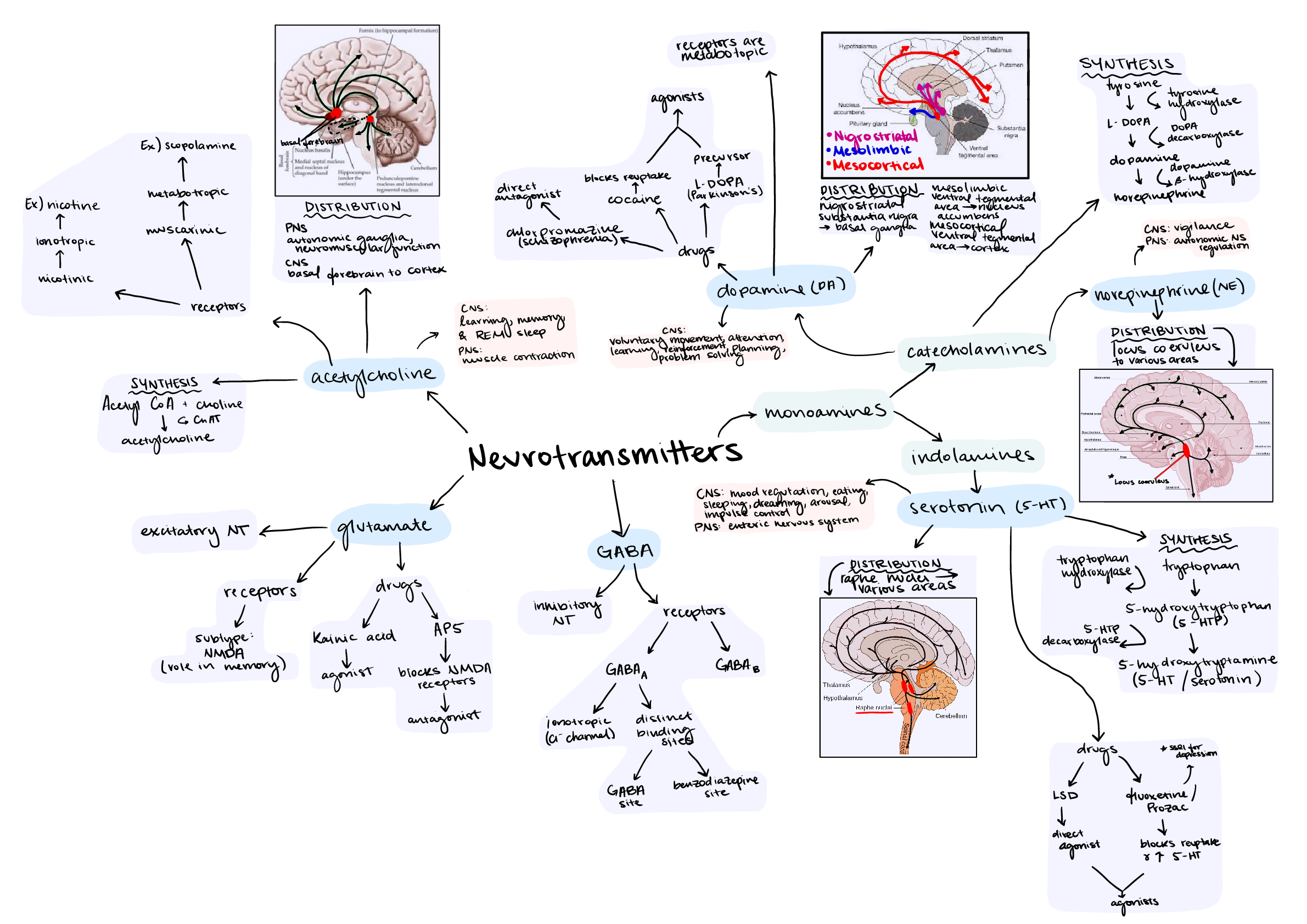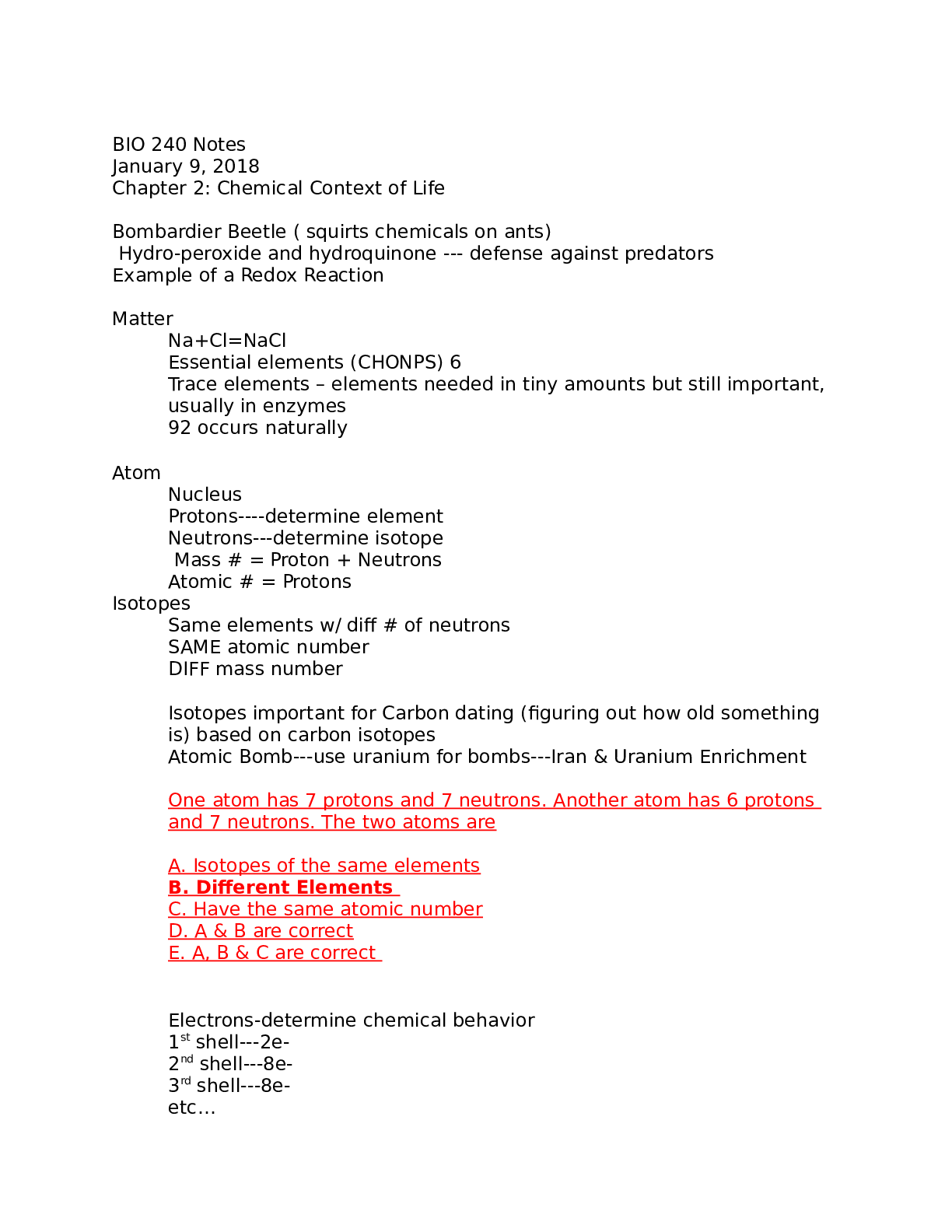Business Law > Class Notes > COLL 550 Unit_3_tutorials_College_Readiness_Sophia | COLL550 Unit 3 Tutorials: Goal Setting and Achi (All)
COLL 550 Unit_3_tutorials_College_Readiness_Sophia | COLL550 Unit 3 Tutorials: Goal Setting and Achievement
Document Content and Description Below
Unit 3 Tutorials: Goal Setting and Achievement INSIDE UNIT 3 Academic Goals Majors and Minors in Higher Education Selecting a Major Selecting a Minor Grades in Higher Education Maintaining the... Grades You Need or Want Career Goals Finding the Right Career Path Planning for Your Career The Role of Internships in Higher Education Finding an Internship Preparing for the Interview Majors and Minors in Higher Education by Alison DeRudder T his tutorial explores the purpose of majors and minors in higher education. Here is a list of what’s covered: 1. Focusing Your Studies 2. Majors and Minors 1. Focusing Your Studies Some students come to college already knowing the kind of career they want to pursue when they graduate; other students come to college with little or no idea what will be next for them after earning their degree. Neither situation is better or worse than the other. WHAT'S COVERED © 2020 SOPHIA Learning, LLC. SOPHIA is a registered trademark of SOPHIA Learning, LLC. Page 1 EXAMPLE Perhaps you’ve always wanted to be a nurse, or a teacher, or an electrical engineer, and you’re focused and determined to point your education in that direction—that’s great! For other students, higher education represents a range of possibilities and the opportunity to discover who they want to be professionally by exploring different fields of study. This is a perfectly acceptable approach to your education. Recall the discussion of elective and required courses—higher education can be construed either as the specific path toward a chosen career or as a more general learning experience. However, be aware that many schools will require you to select a focus of study, or “declare a major,” within a certain time frame—this is generally by the end of your sophomore year at a four-year college. So even those students who come to college with an open mind in terms of a major will need to balance a sense of exploration with a sense of focus. 2. Majors and Minors A major is the specific field of study or subject area—like Psychology, Business, or History—that a student chooses to focus on. Each major has specific requirements in terms of which classes a student must take and complete to fulfill their course of study. So your choice of major is central in shaping your experience in higher education because it determines the kinds of classes you will spend a majority of your time in and the people, both classmates and instructors, you will spend a lot of your time with. Your choice of major is not just important in terms of the experiences you have while you’re at school, though. Because it identifies your area of specialization and expertise when you earn your degree, your major is a big part of your qualifications for opportunities after graduation. IN CONTEXT Some majors, such as Accounting or Nursing, prepare you for a specific career—your coursework and degree in these areas are essentially your first steps toward becoming an accountant or a nurse. Other majors, like Philosophy or English, don’t really have an associated profession (you might call yourself a philosopher, but the only ways to be paid money for doing philosophy are to teach, write books, or give lectures), but employers may value the skills—critical thinking, writing, and creativity, for example—that those majors help students develop. Most college students will have to choose and “declare” a major in order to earn their degrees. Choosing a minor, on the other hand, is usually optional. A minor is an additional, secondary area of specialization. If you’re not required to have a minor, why would you decide to pursue one? In general, there are two reasons a student would seek a minor: You might want to have a specialization in a more specific area that is directly related to your major, such as a major in Business with a minor in Marketing. This combination can look impressive on a résumé because it suggests an understanding of the broader field and some experience with a focus or specialization that more directly translates to the working world. A student might choose a minor because they are interested in two very different fields—for example, Mathematics and Theater. While your theater experience is not likely to directly contribute to your work in mathematics, these less likely combinations can also be impressive on a résumé for a different reason— they imply that you are a multi-dimensional person with a diverse set of interests. TERMS TO KNOW Major © 2020 SOPHIA Learning, LLC. SOPHIA is a registered trademark of SOPHIA Learning, LLC. Page 2A major is the area of study that you declare as the primary focus of your studies while you are in school, and it's the subject that you will take the most courses in. Typically, your major is displayed on your diploma or certificate when you graduate. Some ambitious students graduate with more than one major. Minor A minor is the area of study that you declare as the secondary focus of your studies while you are in school, and it will require you to take several related courses. At most schools, minors are optional. It's possible to declare multiple minors. Many schools require you to declare a major, which is the main subject area you choose as the central focus of your studies for your degree. Your academic focus may also extend to aminor, which is a secondary area of study to compliment or contrast with your major. Major A major is the area of study that you declare as the primary focus of your studies while you are in school, and it's the subject that you will take the most courses in. Typically, your major is displayed on your diploma or certificate when you graduate. Some ambitious students graduate with more than one major. Minor A minor is the area of study that you declare as the secondary focus of your studies while you are in school, and it will require you to take several related courses. At most schools, minors are optional. It's possible to declare multiple minors. SUMMARY TERMS TO KNOW © 2020 SOPHIA Learning, LLC. SOPHIA is a registered trademark of SOPHIA Learning, LLC. Page 3Selecting a Major by Alison DeRudder T his tutorial explores the process of choosing a major that is right for you by defining best practices. Here is a list of what’s covered: 1. Choosing a Major 2. Requirements for Majors 1. Choosing a Major If you’re not one of those students who arrives at school knowing exactly what they want to do when they graduate, how do you go about determining which course of study and major is the right fit for you and your future? Take a variety of courses your first year: The first thing you might do to put yourself in the best position to select the right major is to be thoughtful about course selection early on in your college career. Identify the subjects you most enjoy and where you see potential to grow: If you take courses in a variety of subjects—not haphazardly but with an eye on choosing a major—you can evaluate potential areas of study by considering which courses most pique your interest and suit your talents. Consider career options related to your strengths and interests: Some of the most important questions you can ask yourself at this point are: what do I most enjoying doing? What career can I envision myself both enjoying and excelling in? Review the requirements for the majors with the help of your advisor: After you identify a major or a career you are interested in, follow up with some basic research. What are your school’s requirements to earn a degree in the subject you are interested in? A school advisor is there to help you select classes and determine your overall course of study. Determine if you have the time, resources, ability, and focus to complete the major: Some helpful questions that you can ask yourself at this point are: What does it take to secure a job in a given field and is there a feasible path for you to succeed in that field from where you are right now—essentially, do you have the time, resources, ability, focus, and drive to devise and execute a plan to meet your educational and career goals? When assessing a potential career path, it is wise to balance being optimistic and being realistic—don’t be afraid to aim high, but make sure you are informed about what it will take to get where you want to go before you set out on that career path. - - - - - -- Continued [Show More]
Last updated: 1 year ago
Preview 1 out of 22 pages
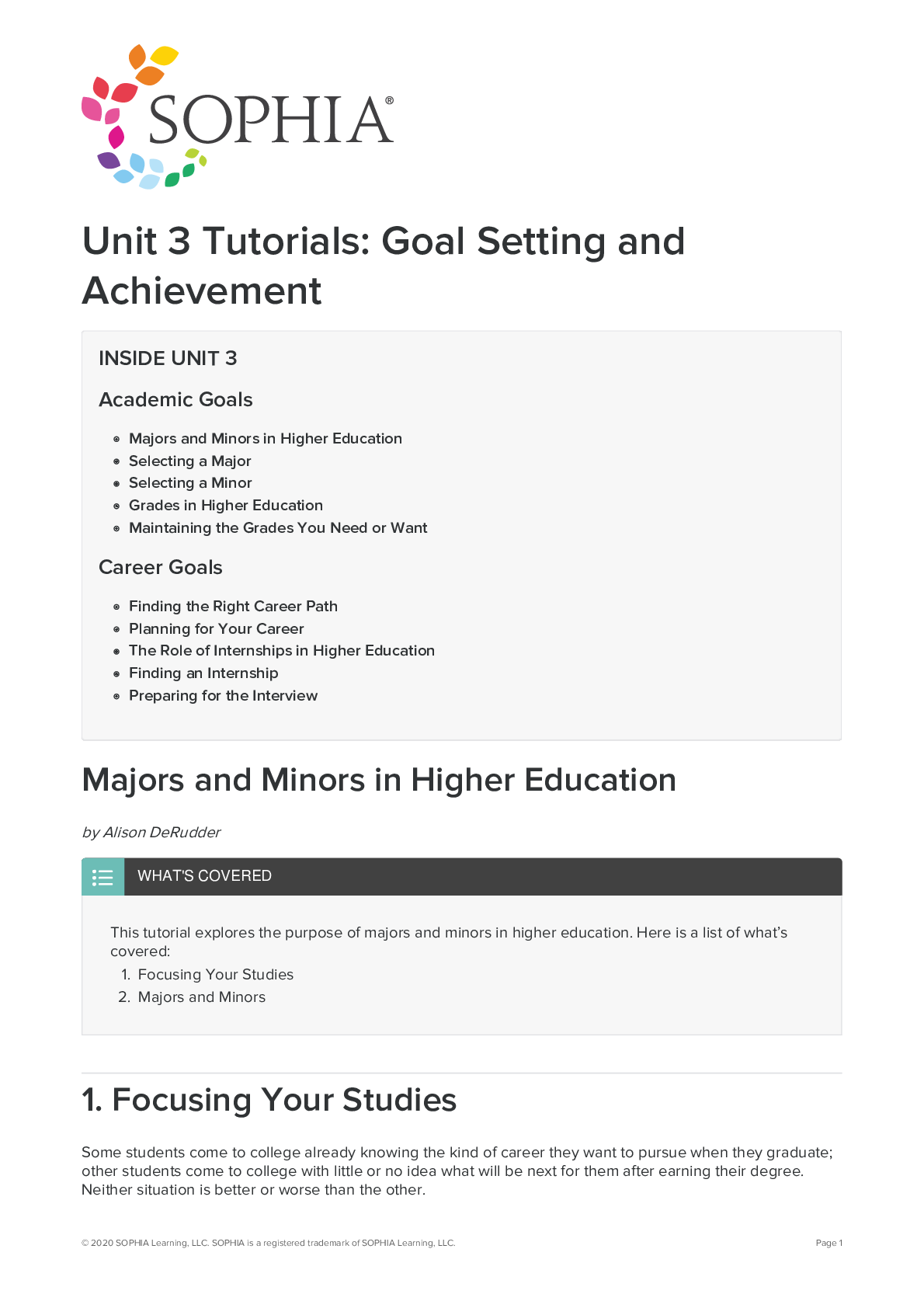
Reviews( 0 )
Document information
Connected school, study & course
About the document
Uploaded On
Feb 28, 2021
Number of pages
22
Written in
Additional information
This document has been written for:
Uploaded
Feb 28, 2021
Downloads
0
Views
89



